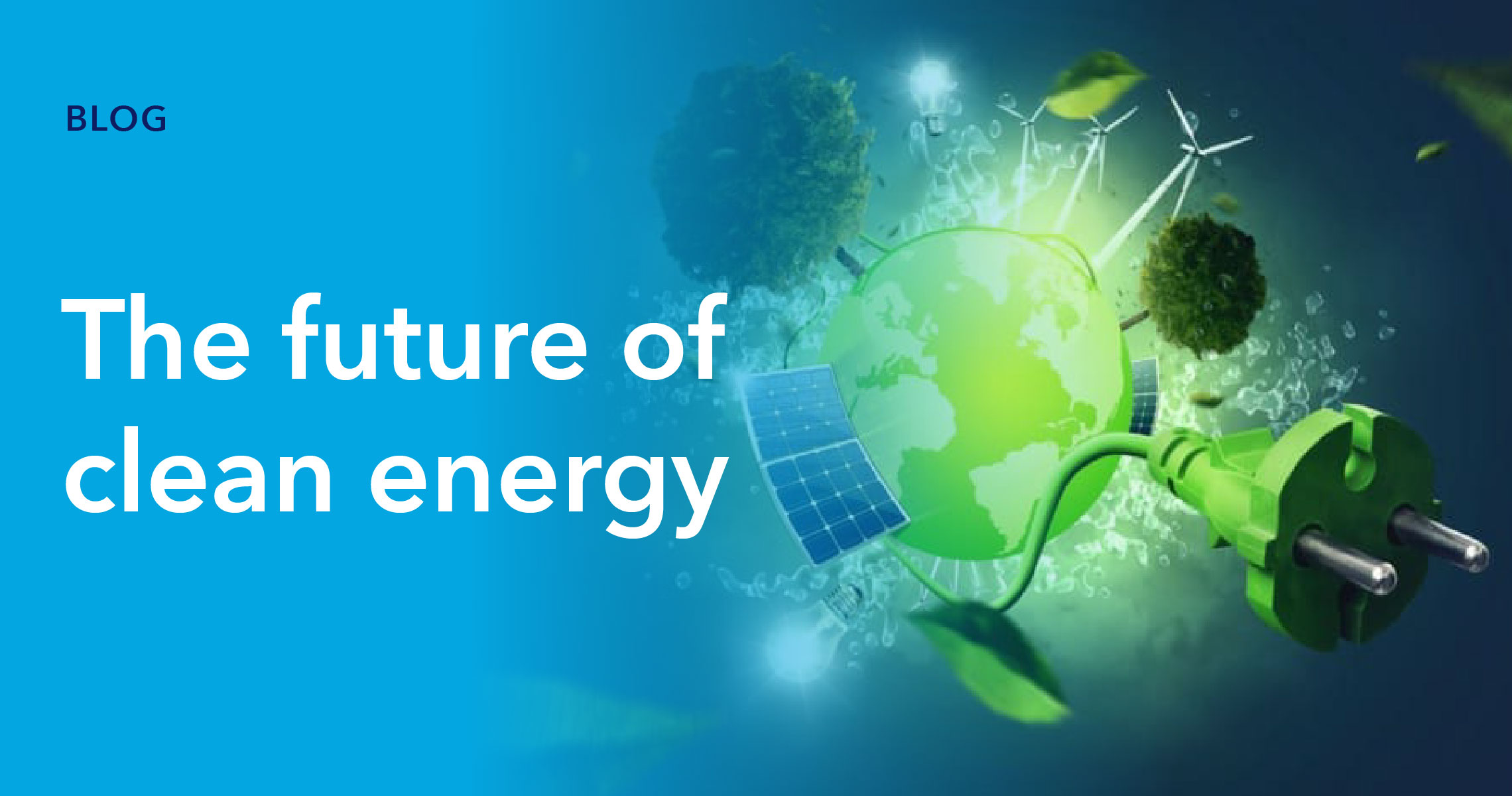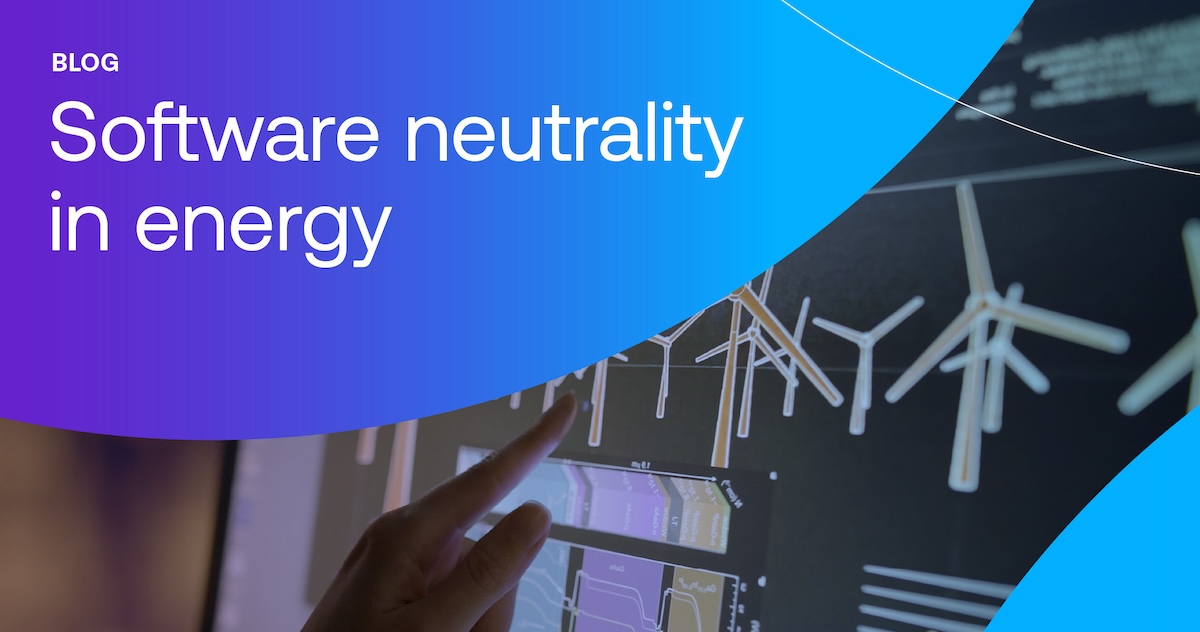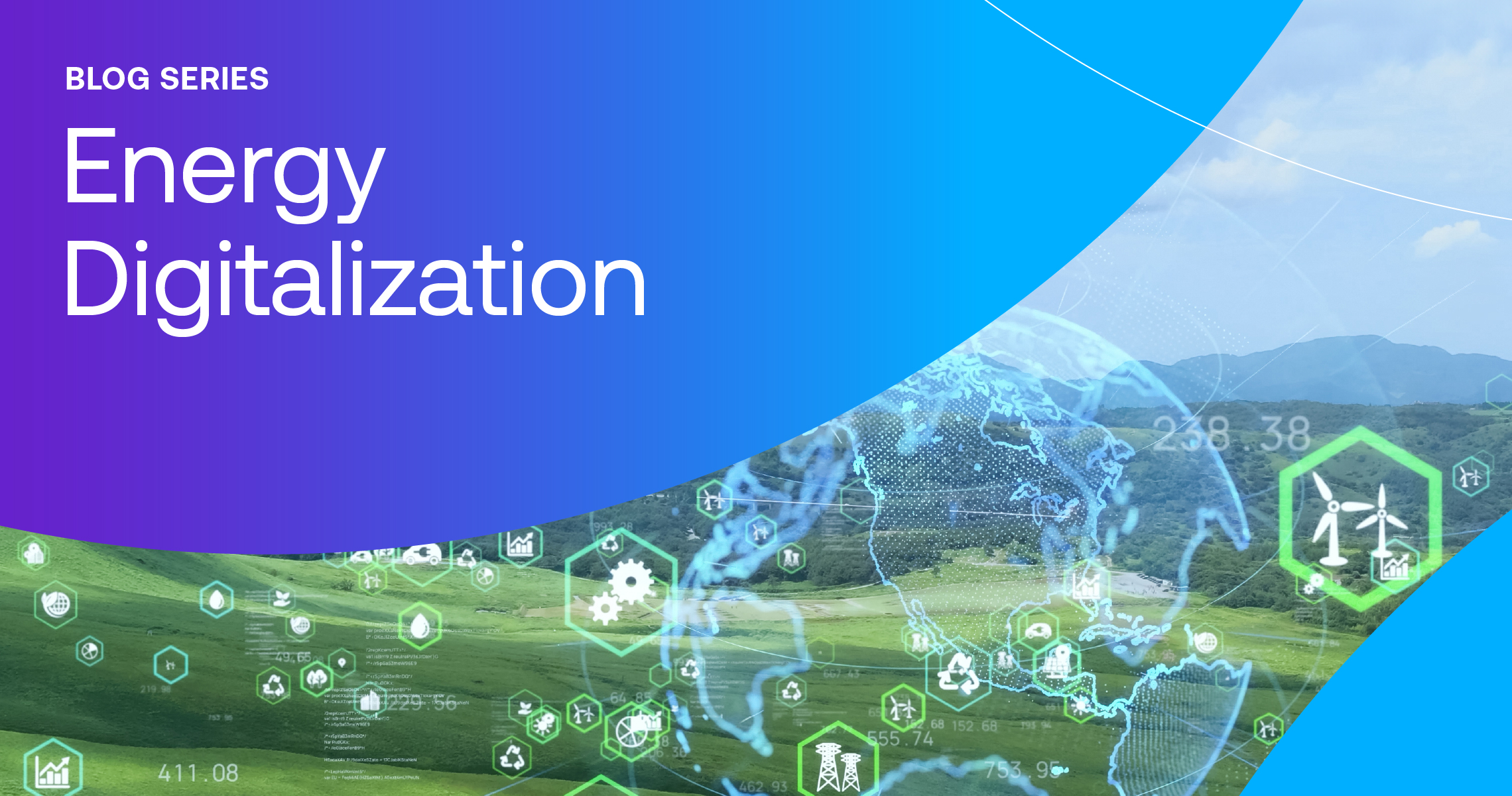Over its first few weeks, the Biden administration has begun to implement immediate changes in support of its progressive environmental goals centered around clean energy. In addition to re-entering the Paris Climate Accord and revoking the presidential permit for the Keystone XL pipeline, Biden has signed a number of executive orders aimed to address climate change. He has announced a plan to replace the entire Federal auto fleet with electric vehicles and issued a partial moratorium on new oil and natural gas leases on Federal land. And, America’s first major offshore wind project—Vineyard Wind, an 800MW wind farm that would generate enough power for more than 400,000 homes—is now back on track, after dealing with multiple delays and obstructions under the Trump administration.
But while addressing climate change, supporting decarbonization, and shifting toward electrification are now squarely back on the federal agenda, Biden will face a number of challenges in meeting his goals of overhauling the nation’s power grids to clean energy sources by 2035. This was vividly illustrated by the recent “Texas freeze,” a winter storm that left millions of people without power and knocked out multiple power plants along the Gulf Coast. To forestall damage to their processing units, refineries began to “flare,” burning off gas that darkened the sky and smoke, and flooding the frigid air with pollutants. Rather than acknowledge lack of winterizing as a factor in the outages, proponents of traditional power took to spreading misinformation. Though wind power comprised only a “fraction of what the state had planned for during the winter,” reports of frozen wind turbines were quickly—and falsely—spun as Texas “relying too much on renewable energy.”
The future of clean energy under Biden
These topics were top of mind when Intertrust co-hosted Steve Westly for an online webinar on “The Future of Clean Energy Under Biden.” Hosted by Florian Kolb, the wide-ranging discussion touched on issues such as the top priorities for the new administration, the role of California in climate and energy policies in the US, green energy and growth, and more. Some of the discussion points are recapped below.
Westly is one of the globally leading smart energy and transportation venture capital investors. He was an early board member of Tesla and helped take eBay public. Beyond the world of business, Westly is also heavily involved in the Democratic Party, from working at the Department of Energy in the Clinton administration, to being elected as the State Controller of California, to acting as an advisor and fundraiser for the Biden campaign. Throughout this time, Westly has continued his interest in cleantech, a key investment focus for The Westly Group.
A large part of the discussion centered on the clean energy future of utilities. With the push for the “electrification of everything,” a term used to talk about moving the economy to largely run off of clean energy, utilities are moving into the “digitalization of energy.” This means that as electricity generation becomes increasingly distributed, utilities must pivot to become the managers of electrical flows through their grids. This will necessitate the use of digital technologies, an area that Westly sees as an interesting investment opportunity.
As we’ve written before, deregulation, renewables, and the IoT have created a new, bidirectional grid and decentralized, presenting new opportunities and challenges for the energy industry. Energy and utility companies need to ensure that their various devices can safely interact with evolving smart grid infrastructure. Westly thinks that the U.S. needs to make a number of large regulatory changes to make this vision of a decentralized and digitized grid a reality. Not only will this help optimize the planning of a robust EV charging infrastructure, it will make the grid less vulnerable to attacks since distributed energy systems are more resilient.
Are flying cars in our connected future?
Westly said that “there are more renewable energy jobs in the U.S. today than there are in carbon-based fuel industry.” He believes that the national push for clean energy will focus on three major areas: clean vehicles, higher clean energy standards for utilities, and a massive push for energy-efficient buildings. Indeed, as more individuals and organizations make the switch from fuel-powered transportation options, cities are investing in clean energy initiatives. The smart city is no longer science fiction.
With prices dropping to $100 kWh in 2020, Westly noted that lithium-ion batteries have reached the inflection point for rapid growth. He believes this will play out not only in ground transportation, but, combined with new technologies bringing down their weight, in aircraft. Over the next ten to fifteen years, Westly predicts that flying electric taxis will take people on short hops, with electric aircraft capable of inter-city flights sometime after that. As the number of jobs and revenue flowing from clean energy companies continue to increase, Westly was hopeful that the political barriers to various clean energy policies will diminish.
Conclusion
So, can the Biden administration push for faster decommissioning of unprofitable coal-fired power plants? What impact will the administration’s policies have on short-term and long-term economic growth? Watch the webinar on-demand to hear Westly’s full thoughts on the future of utilities, the digitalization of energy, and the opportunities around a decentralized and digitized grid.
Meanwhile, it’s evident that to complete their much-needed transformation toward clean energy, utilities will need to maintain a data-driven focus. The potential benefits of digitalization are numerous—better planning, significant cost savings, and reduced vulnerabilities, to name just a few. But, in order to maintain the security of their sensitive data, these companies need to look toward platforms that allow data to be securely exchanged with numerous partners.
With its secure data collaboration, visualization, and governance solutions, Intertrust is helping create the new energy digital network. To find out more about how Intertrust Platform is helping build trusted data exchange ecosystems for cities, energy companies, and utilities, get in touch with our team.
About Shamik Mehta
Shamik Mehta is the Director of Product Marketing for Intertrust's Data Platform. Shamik has almost 25 years of experience in semiconductors, renewable energy, Industrial IoT and data management/data analytics software. Since getting an MSEE from San Jose State University, he’s held roles in chip design, pre-sales engineering and product and strategic marketing for technology products, including software solutions and platforms. He spent 6 years at SunEdison, once the world's largest renewable energy super-major, after spending 17 years in the semiconductor industry. Shamik has experience managing global product marketing, GTM activities, thought leadership content creation and sales enablement for software applications for the Smart Energy, Electrified Transportation and Manufacturing verticals. Shamik is a Silicon Valley native, having lived, studied and worked there since the early 90’s.




